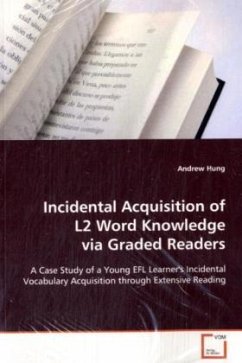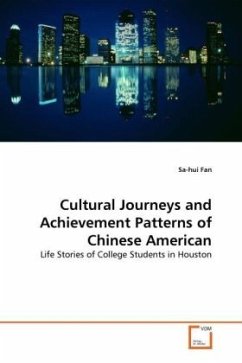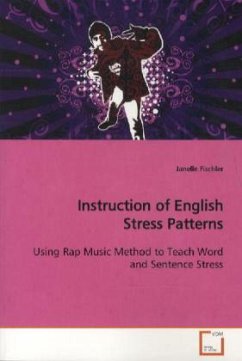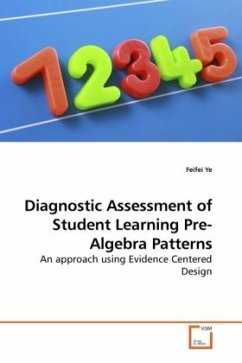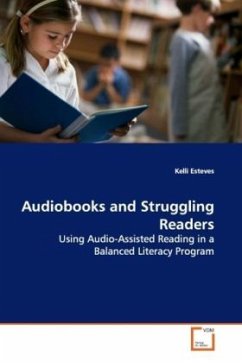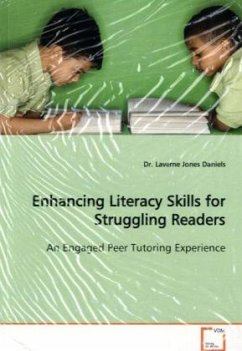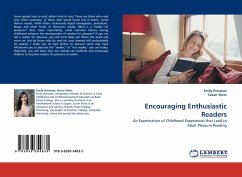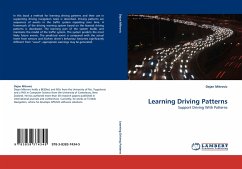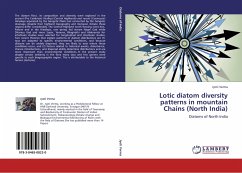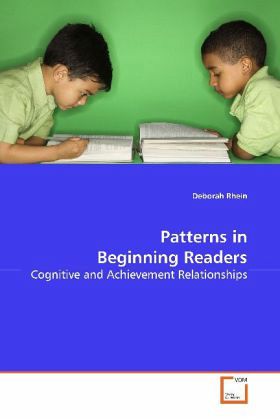
Patterns in Beginning Readers
Cognitive and Achievement Relationships
Versandkostenfrei!
Versandfertig in 6-10 Tagen
32,99 €
inkl. MwSt.

PAYBACK Punkte
16 °P sammeln!
Learning to read is the most critical skillmastered in the first few years of school and formsthe basis for formal education. For years, parentsand educators have recognized vast variation; while a few children read easily, and a few find the process extremely difficult, the vast majority fall somewhere in between. While many researchers have explored the characteristics of children who arestruggling readers, and some have exploredcharacteristics of good readers, few haveinvestigated beginning readers across cognitive andliteracy domains based on literacy grouping. Thisbook is a report of one ...
Learning to read is the most critical skill
mastered in the first few years of school and forms
the basis for formal education. For years, parents
and educators have recognized vast variation; while
a few children read easily, and a few find the
process extremely difficult, the vast majority fall
somewhere in between. While many researchers have
explored the characteristics of children who are
struggling readers, and some have explored
characteristics of good readers, few have
investigated beginning readers across cognitive and
literacy domains based on literacy grouping. This
book is a report of one such study where first and
second grade students skills were measured:
phonological awareness, rapid automatized naming
(RAN), visual processing speed, memory and semantic
knowledge skills were correlated with measures of
decoding, spelling, and reading fluency. The results,
which were analyzed by literacy ability grouping,
suggest different interventions for literacy groups
are indicated, making this work of interest to
reading specialists, special educators,
speech-language pathologists, school psychologists
and researchers of reading and writing development.
mastered in the first few years of school and forms
the basis for formal education. For years, parents
and educators have recognized vast variation; while
a few children read easily, and a few find the
process extremely difficult, the vast majority fall
somewhere in between. While many researchers have
explored the characteristics of children who are
struggling readers, and some have explored
characteristics of good readers, few have
investigated beginning readers across cognitive and
literacy domains based on literacy grouping. This
book is a report of one such study where first and
second grade students skills were measured:
phonological awareness, rapid automatized naming
(RAN), visual processing speed, memory and semantic
knowledge skills were correlated with measures of
decoding, spelling, and reading fluency. The results,
which were analyzed by literacy ability grouping,
suggest different interventions for literacy groups
are indicated, making this work of interest to
reading specialists, special educators,
speech-language pathologists, school psychologists
and researchers of reading and writing development.



